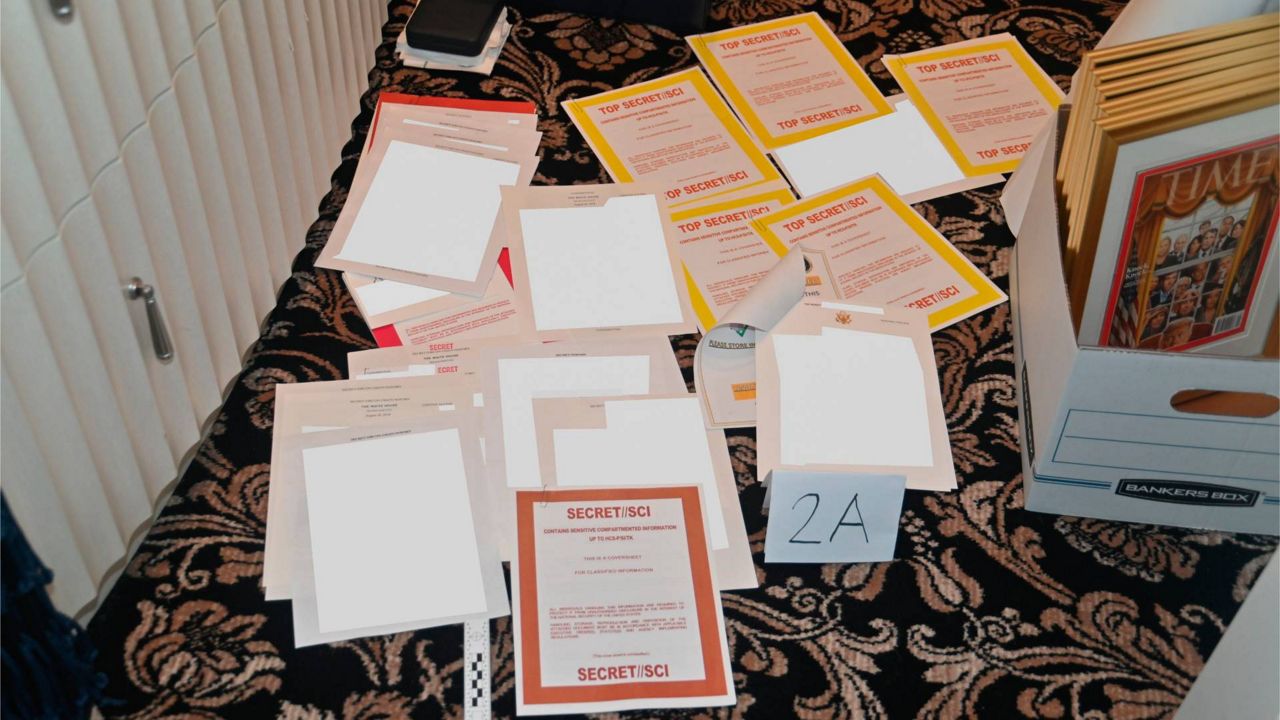A judge on Thursday denied a special master request seeking to clarify former President Donald Trump's allegations that federal agents lied or planted documents during last month's expansive search of his Mar-a-Lago home.
The ruling came from Trump-appointed Judge Aileen M. Cannon, who recently heeded the Trump team’s request to appoint a special master to be responsible for sifting through the thousands of documents recovered during the Aug. 8 FBI search and segregating any that might be protected by claims of executive privilege or attorney-client privilege.
Last week, Robert Dearie — the independent arbiter tasked with inspecting the documents — said that if Trump’s lawyers would not actually assert that the records had been declassified, and the Justice Department instead made an acceptable case that they remain classified, then he would be inclined to regard them as classified.
“As far as I’m concerned,” he said, “that’s the end of it.”
Though Trump’s lawyers had requested a special master be appointed to ensure an independent review of the documents, they have resisted Dearie’s request for more information about whether the seized records had been previously declassified — which Trump has repeatedly maintained. His lawyers have consistently stopped short of that claim even as they asserted in a separate filing Tuesday that the Justice Department had not proven that the documents were classified. In any event, they say, a president has absolute authority to declassify information.
In Thursday’s ruling, Cannon ruled there was “no separate requirement” for Trump’s attorneys to “lodge ex ante final objections to the accuracy of Defendant’s Inventory, its descriptions, or its contents,” adding that the special master and other parties are now “situated to proceed forward with the review process pending exchange of the actual materials.”
Essentially, until Trump's attorneys have reviewed the seized materials, the former president will not have to testify under oath that he believes federal agents planted or otherwise manufactured evidence.
By Oct. 5, both sides must agree on an electronic site that will host all of those documents; by Oct. 13, the special master must receive copies of all seized documents, save those that were previously identified as “potentially privileged attorney-client materials,” per the judge’s orders. The special master review deadline was extended to Dec. 16.



